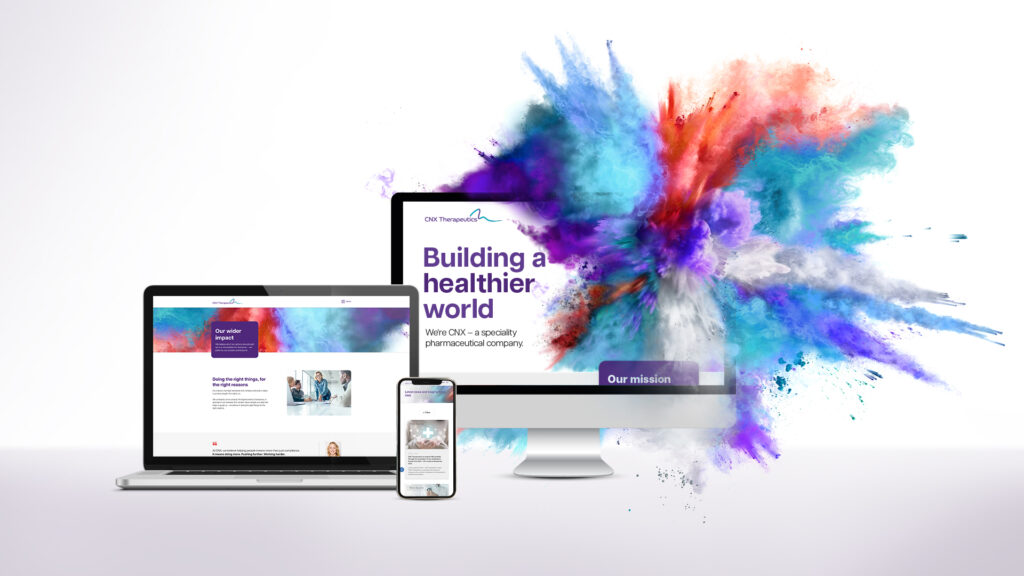Research, storytelling, and mental availability
Content marketing is about relevance.
When you tap into the issues customers care about, advise them on the best ways tackle them, and then your advice actually works? That’s when you become what Kellogg’s is to cornflakes in your own industry – the most mentally available brand when it’s time to buy.

What we do
Messaging strategy
Defining what you need to say, to who, why, and how – to hit your objectives.
Content creation
Including interviews, research, copywriting, graphic design, and animation.
Training:
Journalism for
non-journalists
Giving you the skills you need to create your own content marketing.
Our process
How we approach it
Inside the insights:
How we make content marketing effective
Storyteller Bias
We remember and believe information given to us as stories, especially when they involve conflict but end on an emotional high.
Framing
The way you present information can have huge influence on whether it’s perceived as an opportunity or a threat.
Availability Bias
Our behaviour and judgement is most influenced by examples that come to mind most easily. Like if we say ‘smartphone’, there will be one brand that immediately springs to mind.
Loss Aversion
Because losses feel twice as painful as gains feel good, we naturally avoid losses wherever possible. Emphasising loss can frame messages in ways that inspire action.
Status Quo Bias
The status quo is safe and changing it could risk a loss. So usually we like to stick with what we have instead. Our content marketing is designed to break that inertia, and inspire action.
Foot in the Door Effect
Committing to something small now makes it more likely you’ll commit to something larger later.
Mere-Exposure Effect
‘Hmm, this album’s a grower…’ It’s true! The more we experience something, even something we don’t like at first, the more we grow to like it over time.
Picture Superiority Effect
We remember images far better than we remember words. Consistent use of images coupled with content makes your messaging more memorable.
Fluency Effects
Statements that are easier to understand are easier to believe. So write as simply as possible, but no simpler.
Authority Bias
We tend to agree with those we respect, like high-ranking people in our businesses, and industry leaders.
The Humour Effect
We’re more motivated by and remember experiences that make us laugh.
Spacing Effect
Messages are easier to remember when they’re repeated over time and across environments.
Latest insights
Filter
Recent case studies
Filter
Curious to know more?
Get in touch for a chat.
SBC is a registered member of the
Global Association of Applied Behavioural Scientists







